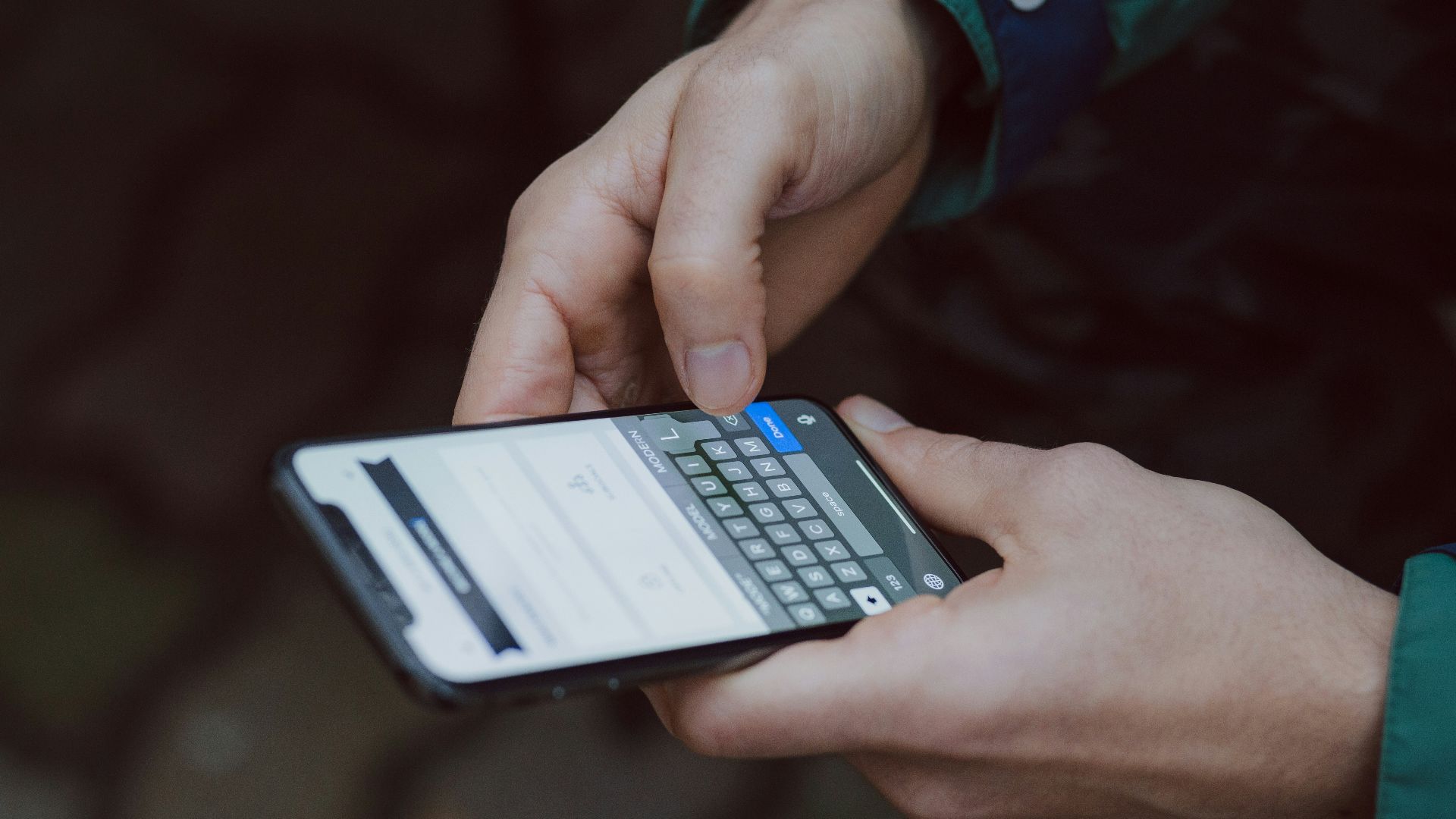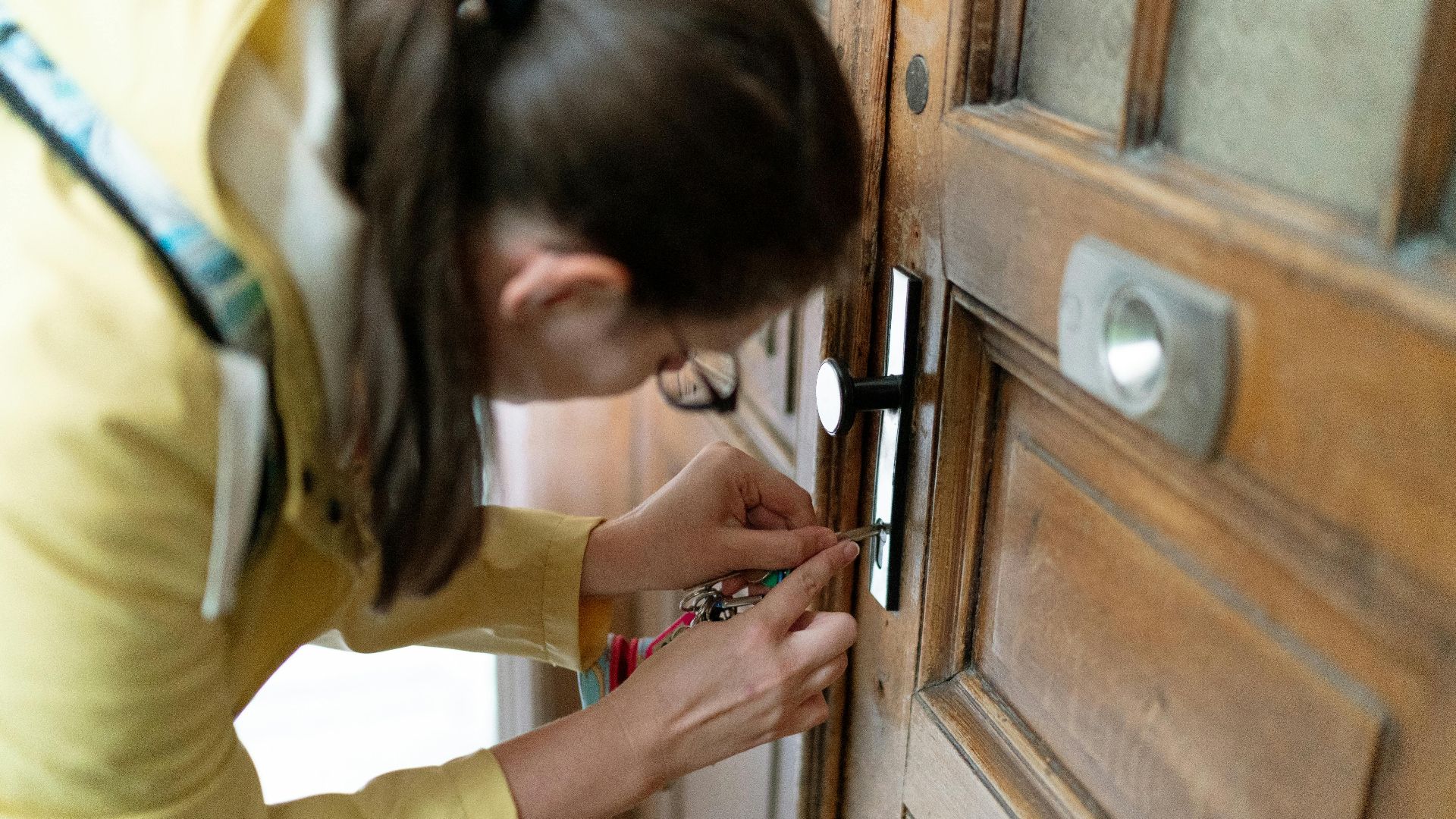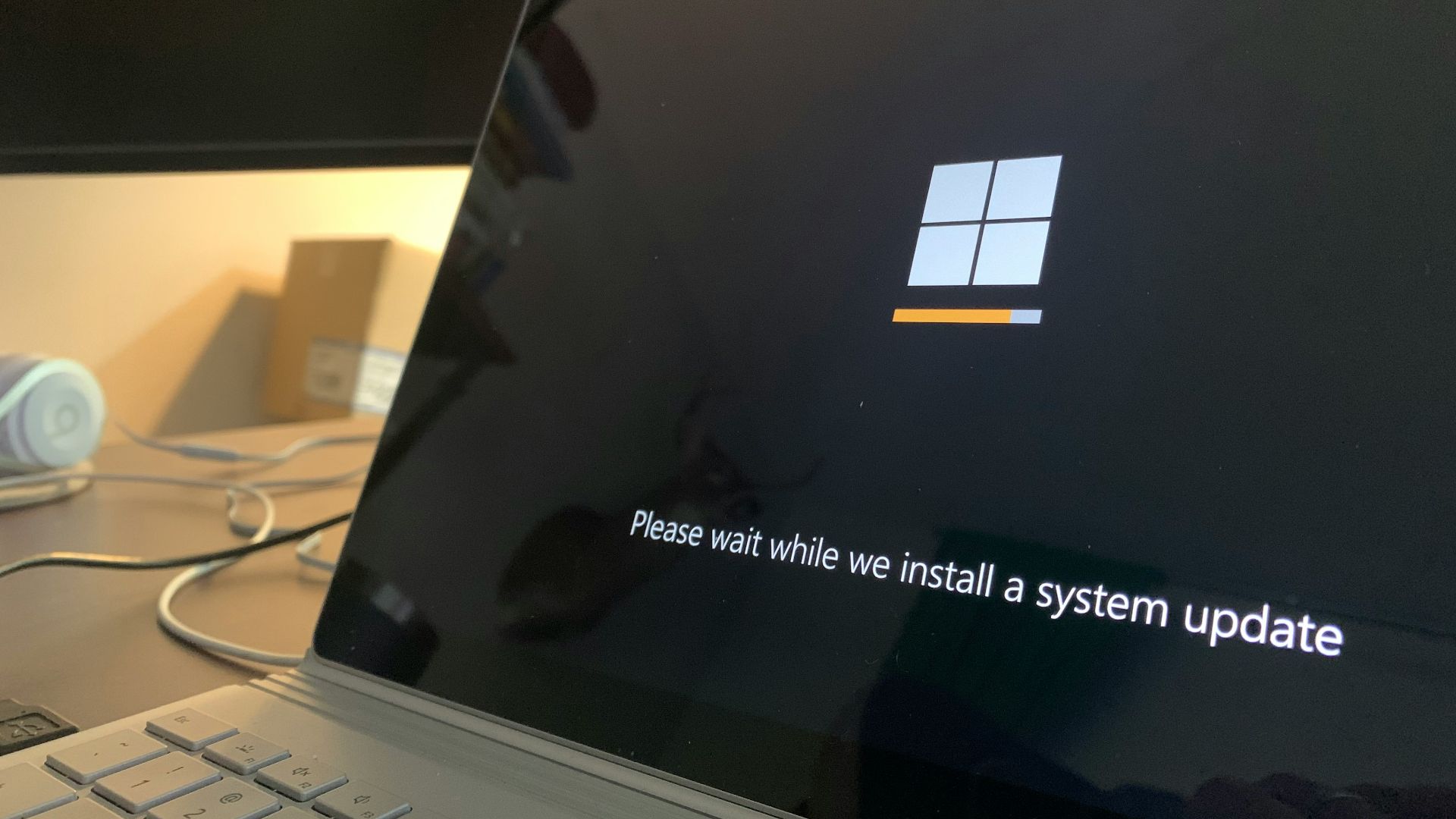The Subtle Science of Everyday Autopilot
There’s a choreography to daily life that almost no one notices. We have habits tucked inside routines and live according to little patterns that unfold before conscious thought even stirs. You think you’re deciding to check your phone, to hum that song, to glance at the clock again, but most of these actions have already been decided for you. That’s how the brain keeps pace with reality. Conscious attention is slow and requires a lot of energy; automatic behavior is cheap, so our brain builds shortcuts, habit loops, and predictive models to save energy. Here are twenty things we do without thinking.
1. Checking Your Phone for No Reason
You don’t even remember unlocking it. The brain’s reward system, wired around dopamine, has been trained by intermittent reinforcement. We know that random notifications sometimes bring pleasure, sometimes nothing. We check because maybe this one will matter.
2. Walking Into a Room and Forgetting Why
This isn’t forgetfulness; it’s the doorway effect, a quirk of context-dependent memory. When you cross a threshold, your brain resets its working memory to process a new environment. This once served a useful purpose for survival, but it’s frustrating when you’re holding your keys and have no idea why.
3. Reaching for the Same Brand Every Time
The reason we reach for the familiar shoes or cereal on the shelf is not brand loyalty so much as the mere exposure effect. Familiar things feel safer, and your brain equates “known” with “good.” It’s why that old coffee mug tastes better than the new one, even though it’s objectively the same coffee.
4. Saying “You Too” When It Makes No Sense
The flight attendant says, “Enjoy your flight,” and you respond, “You too.” Don’t worry, you’re not brain-dead; these are pre-learned conversational routines that fire off automatically in your brain to get through social interactions on autopilot.
5. Hearing Your Phone Vibrate When It Didn’t
What you’re experiencing is called phantom vibration syndrome, and it’s the result of sensory conditioning. The brain’s prediction systems become so attuned to the possibility of an alert that they occasionally hallucinate one. It’s expectation producing a sensory echo.
6. Locking the Door Twice
The door’s locked, but your brain’s error-monitoring system insists otherwise. We’re wired to catch potential mistakes, even when there aren’t any. One extra turn of the key buys reassurance, and the stress burns a few unnecessary calories.
7. Laughing When Others Laugh
Even fake laughter triggers mirror neurons—those little empathy circuits that mirror others’ emotions and actions. You laugh to belong and join the rhythm of the room. It’s contagious by design.
 OurWhisky Foundation on Unsplash
OurWhisky Foundation on Unsplash
8. Finishing Other People’s Sentences
As part of our predictive processing, our brain predicts speech before it’s spoken. You think you’re helping, but really, you’re just impatient—or efficient, depending on your perspective. The mind guesses what’s next to save milliseconds.
9. Tapping “Agree” Without Reading Anything
Let’s be honest: we’ve never read one of those agreements in our lives. It’s because our brain opts for cognitive ease over scrutiny. If something looks familiar and everyone else does it, it must be safe—or so our brains tell us, anyway.
10. Opening the Fridge Just to Stare
You’re not hungry; you’re seeking dopamine. The brain rewards the possibility of finding something new. It’s low-stakes foraging behavior, hardwired long before refrigerators existed. The hum of the motor and the cold rush of the fridge air give us a little sensory hit.
11. Saying “Sorry” for Everything
This arises out of a kind of overlearned empathy that smooths social friction before it even forms. You bump a chair—apologize. It’s partly cultural, partly neural conditioning.
12. Checking Your Reflection in Windows
This isn’t vanity; it’s calibration. Humans subconsciously monitor facial micro-expressions and posture as a way of regulating social presence. It’s self-monitoring behavior—the modern echo of checking camouflage in a pond’s reflection.
13. Forgetting Why You Opened a New Tab
Digital task-switching costs add up fast. Each tab jump resets our working memory slightly. Our prefrontal cortex tries to juggle contexts, drops one, and suddenly you’re on Wikipedia reading about jellyfish for the third time that week.
14. Automatically Saying “Bless You”
This is a cultural habit turned reflex. The origins lie in superstition, but centuries of repetition have wired it deep. Where once people said it to expel the possibility of illness or ghosts, we now say it out of procedural memory.
15. Nodding While Not Listening
This happens because of those mirror neurons firing away to keep your expression in sync even when attention drifts. It’s empathy without content and serves as a placeholder for engagement. You nod, they feel heard, and your friendship survives another day.
16. Clicking “Remind Me Later” Forever
Every time the software asks to update, your brain chooses immediate convenience over long-term gain. You tell yourself it’ll be different tomorrow, but tomorrow, it’s still inconvenient.
17. Checking the Time Twice Because You Forgot It Instantly
That’s inattentional amnesia. You looked and processed the clock, but your hippocampus never filed the information. So you look again, half-annoyed, half-fascinated by your own short memory.
18. Finishing a Song Lyric Automatically
Music activates deep procedural circuits in the basal ganglia. Once a pattern is learned, the brain fills gaps reflexively. You’re not recalling; you’re running code. It’s why, even decades later, the Spice Girls still surface uninvited.
 Vidar Nordli-Mathisen on Unsplash
Vidar Nordli-Mathisen on Unsplash
19. Re-Reading the Same Line of Text
Your eyes moved, but your attention didn’t follow. It’s a lapse in attentional synchrony, when motor patterns outpace cognitive focus. Reading is mostly prediction, so when prediction drifts, meaning evaporates.
20. Waving Back at Someone Who Wasn’t Waving at You
Our brain’s pattern-recognition bias fires faster than we’re able to verify that we actually know the person. In our mind, it’s better to risk looking foolish than to miss a real cue. It’s a tiny survival instinct—leftover from when belonging was survival itself.


























